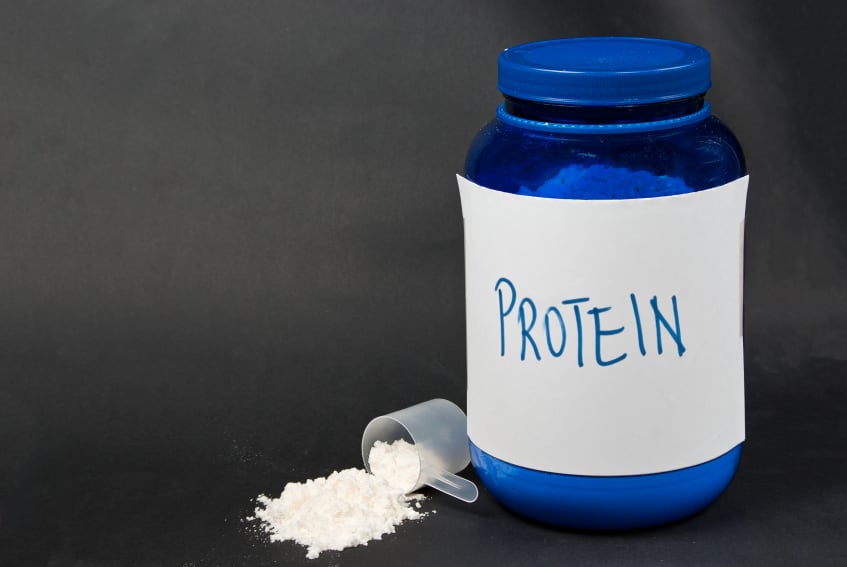After testing the protein contents of 10 of the most-purchased whey protein supplements ordered from a popular website, researchers in Brazil found that six of them had the same amount of total protein as specified on the label. In contrast, only three of 10 Brazilian products tested had the same amount of total protein as the label says.
The report, titled Protein and Amino Acid Profiles of Different Whey Protein Supplements comes from researchers at Fluminense Federal University and the Federal University of Rio de Janeiro, and was published in the latest edition of Journal of Dietary Supplements.
Selecting the samples
Back in 2013, the US Federal Trade Commission said that hundreds of dietary supplements “exhibited irregularities recently, including lower quantities of protein than the disclosed values,” the researchers wrote. Moreover, a recent report found that US and Brazilian whey protein supplements contained higher carbohydrates and/or lower protein contents than specified on the label.
The researchers said that these reasons prompted their comparative study of the labels and contents of US and Brazilian whey protein supplements. The published paper itself did not specify the brands of the supplements nor the website it was ordered from. A request for additional information sent to the researchers has not been answered.
What the paper did specify was that of the supplements analyzed, five from each country were whey protein isolates, and another five from each country were concentrates and isolates.

What they found
On analyzing the total protein content, the researchers said they used “the Kjeldahl method, and the corresponding nitrogenous materials were converted into [percent] of protein by multiplying by the factor of 6.38 according to the AOAC methods.”
After testing, they found that the total protein, beta-lactoglobulin, beta-lactalbumin, and free branched-chain amino acids were higher in US supplements that Brazilian ones, but the contents of free essential amino acids were the same.
In addition, they found that 40% of US supplements had total protein content below the label’s specification, whereas it was 70% for the Brazilian supplements.
These results were similar to a test conducted by Consumer Lab, a private company that specializes in food quality assessments, done in 2014. “From 24 commercially produced whey protein by US companies, 31% of products tests failed in their quality assurance,” the report said. And a 2014 report by Proteste Organization, a Brazilian consumer protection agency, found that 53% of 28 Brazilian whey protein supplements “exhibited lower values in total protein content as compared to their respective labels.”
But why?
The researchers offered two reasons why they think the discrepancy exists: It’s either the technology utilized to manufacture the supplements, or the protein composition of cow milk used for obtaining whey, which can be influenced by the breed, lactation stage, or diet.
“Consumers expect that a supplement indeed contains the ingredients and amounts as listed on the label; however, this is not always the case and evidence for poor quality control has been frequently reported,” the researchers wrote.
